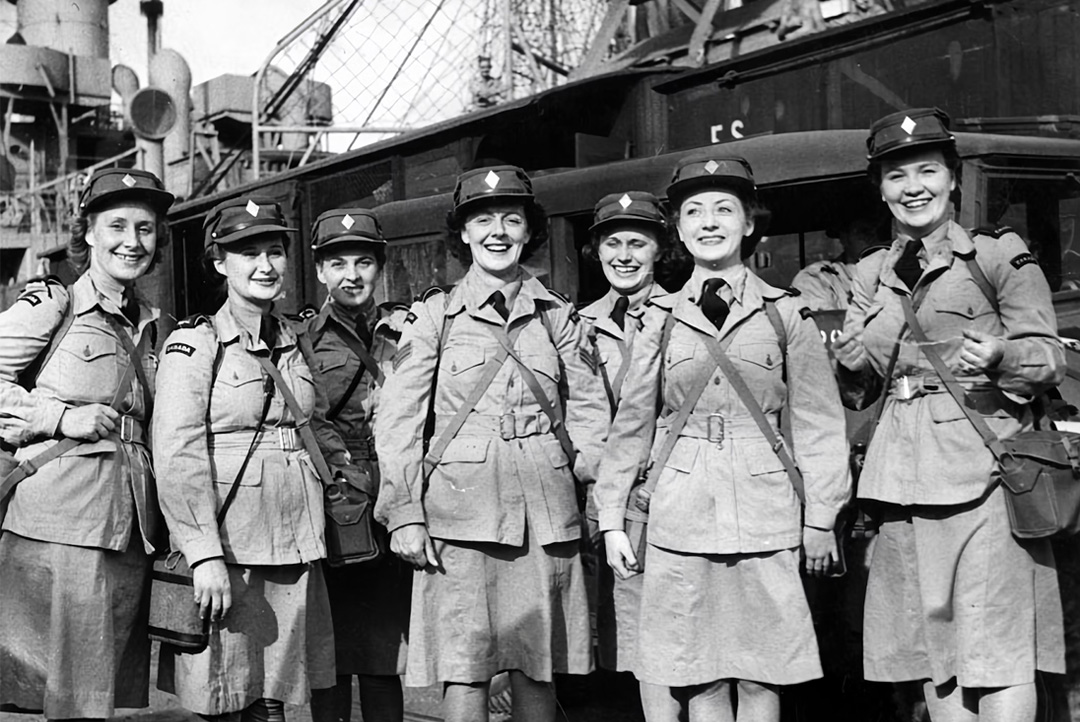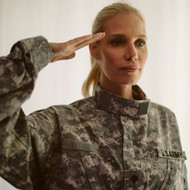The Crucial Role of Women in the U.S. Armed Forces
Mar 13th 2024
Within the historical and patriotic context of the United States Armed Forces, women have progressively taken on crucial and prominent roles. Over time, their involvement has shifted from conventional duties to leadership positions and combat roles, representing a significant advancement in national defense. The significance of women in the U.S. military is evident in various key areas. Let's take a moment to reflect on this history characterized by bravery and commitment.
The Role of Women in World War II and Gender Equality in the Armed Forces

Since the establishment of the Women's Army Corps (WAC) in 1942 during World War II, women have contributed with diversity and strength to the armed forces. From the 1970s onwards, with the enactment of the Military Education
Act of 1972, opportunities for women in the military significantly expanded, allowing their admission to military academies.
During the Gulf War in 1990-1991, women demonstrated their operational competence by participating in logistic support and combat roles. The lifting of the ban on serving in combat units in 2013 opened new opportunities, enabling women to serve in elite roles such as the Marines and Special Forces.
In 2008, Ann E. Dunwoody became the first woman in the history of the U.S. Army to attain the rank of four-star General. Her exemplary leadership has paved the way for other women seeking high-ranking positions. Furthermore, women's participation in the United States Military Academy at West Point has continued to grow, reinforcing their presence at the highest levels of military leadership.
Women's Participation in Other Wars and Responses to Natural Disasters

During the wars in Afghanistan and Iraq, women served in combat roles across various specialties, contributing to critical missions and demonstrating courage in challenging circumstances. In 2015, all combat positions were officially opened to women, removing barriers and promoting equal opportunities.
During responses to natural disasters such as Hurricane Katrina in 2005, women in the military played fundamental roles in providing humanitarian assistance and rescue operations. Their dedication in emergency situations highlights the versatility and importance of their service.
At the intersection of history and the future, women in the U.S. military are beacons of inspiration. They break barriers, not only for themselves but also for generations to come. Through exceptional leadership, courage in combat, and unwavering dedication, they have paved a path for others to follow.

